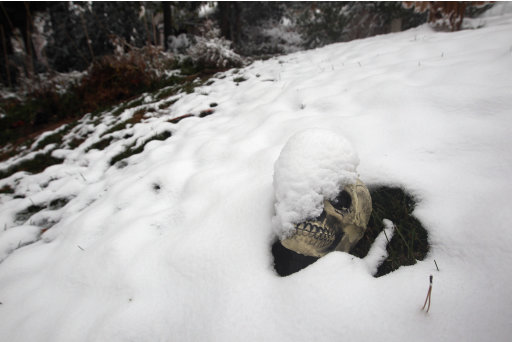mickeyd
Give me a museum and I'll fill it. (Picasso) Give me a forum ...
Compare your electricity cost with the rest of the USA. Click on your state.
The Price Of Electricity In Your State : Planet Money : NPRPeople in Hawaii pay the most for electricity, about 33 cents per kWh. A Hawaiian household whose electricity use was around the national average would have a monthly electric bill over $300. The high cost of crude oil used to generate the state's electricity is driving the price, EIA energy economist Tyler Hodge told me.
Idaho had the lowest price, at about 8 cents per kWh. So the typical US household would pay about $73 for electricity each month in Idaho. Hodge says Idaho generates much of its electricity from hydroelectric dams, which require virtually no fuel. Also, the cost of constructing the dams have been spread out over many decades. This all has kept electricity prices in Idaho low.
Last edited:

 2nd highest cost of electricity in the nation. Once my #2 kid graduates from UConn and I am at a decision point about ER, one things for sure... it will be time to move somewhere else. Too bad, lots to see and do in CT and New England as a whole, but it sure is costly to live here.
2nd highest cost of electricity in the nation. Once my #2 kid graduates from UConn and I am at a decision point about ER, one things for sure... it will be time to move somewhere else. Too bad, lots to see and do in CT and New England as a whole, but it sure is costly to live here.

